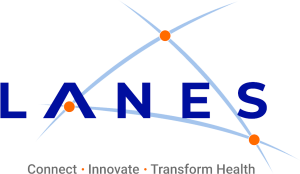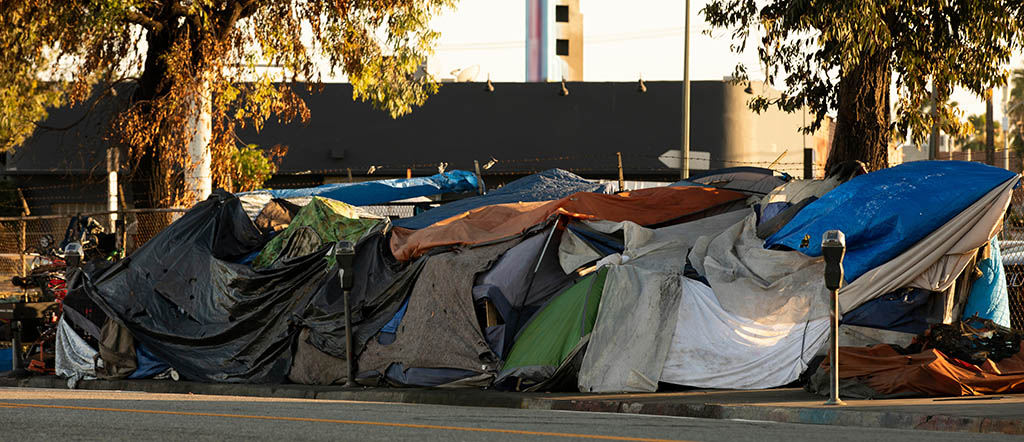Homelessness remains a critical issue in California, with more than 160,000 individuals experiencing the devastating consequences of living without a stable home. However, innovative solutions such as mobile clinics (also known as street medicine) and better care coordination, bolstered through accurate and timely data sharing, hold immense promise in helping address this crisis. By combining healthcare accessibility with the power of information, there is an opportunity to significantly impact the lives of homeless individuals, helping them regain stability, access essential services, and pave the way for a brighter future.
Here are four ways homeless populations can be supported by data through care that meets them where they are, wherever that may be.
Bridging the Healthcare Gap
Mobile clinics are mobile healthcare units equipped with medical professionals and equipment, offering on-site healthcare services to underserved populations, including the homeless. These clinics travel to locations where unhoused individuals congregate, providing a wide range of medical services, including primary care, mental health support, substance use treatment, and preventive care. By taking healthcare directly to individuals, mobile clinics break down the barriers that often prevent homeless individuals from accessing vital medical services.
Comprehensive, Whole Person Care
Mobile clinics not only offer basic medical services, but also provide comprehensive and holistic care that addresses the unique challenges faced by unhoused individuals. These clinics employ multidisciplinary teams comprising doctors, nurses, social workers, and outreach workers who collaborate to provide integrated and coordinated care. They recognize that homelessness is not merely a medical issue but a complex interplay of factors such as mental health, addiction, and socioeconomic challenges. Whole person care is also a core tenet of CalAIM, which is focused on a more equitable, coordinated, and person-centered approach to positively influence the health and life trajectory of the state’s 15.3 million Medi-Cal members. By adopting a whole person care approach, mobile clinics can better address the multifaceted needs of the homeless population, improving health outcomes and fostering socioeconomic stability.
Empowering Data Sharing
In addition to convenient and accessible care, data sharing is another crucial aspect of effectively tackling homelessness. When various organizations and agencies involved in addressing homelessness collaborate and share data, it enables a more comprehensive understanding of the issue on both a population and individual level. By pooling resources, tracking outcomes, and analyzing trends, stakeholders can identify gaps in services, target interventions more effectively, and measure the impact of their initiatives. Data sharing through HIOs like LANES allows for evidence-based decision-making and enables providers to allocate resources efficiently and tailor interventions to the specific needs of different communities, ultimately improving the overall response to homelessness. This improved interoperability is also supported through initiatives like the Data Exchange Framework (DxF), which is setting the standard for health data sharing in California by January 2024.
Coordination and Integration
Health and social service care delivery, when powered through timely access to accurate and comprehensive health and social service data, enhances coordination and integration among the various service providers and agencies involved in tackling homelessness. By sharing data, these entities can streamline their efforts, prevent duplication of services, and ensure a more efficient and effective response. For example, when an unhoused individual is admitted to a hospital emergency department, the individual’s mobile team receives a real-time notification to follow up with the patient after discharge. In addition, this HIPAA-compliant information can be shared with social service agencies, and other relevant stakeholders to provide tailored support, housing options, or employment opportunities. This coordinated approach maximizes the impact of available resources and ensures a continuum of care for homeless individuals.
The homelessness crisis in California demands innovative and comprehensive solutions that address the multifaceted needs of this vulnerable population. Mobile clinics that have access to relevant data represent a powerful combination that can transform the response to homelessness. By delivering healthcare directly to those in need and leveraging data to inform interventions and resource allocation, these approaches empower communities to make informed decisions, coordinate services, and drive positive change. With a concerted effort to expand mobile clinic services and spearhead data-sharing collaborations, California can take significant strides toward alleviating the homelessness crisis and providing individuals with the support they need.

